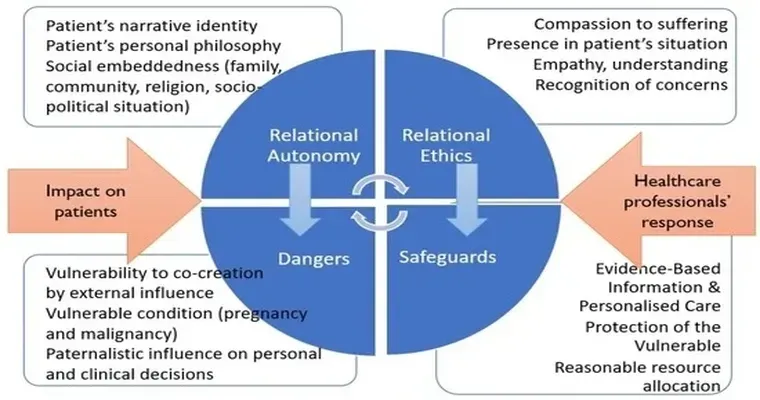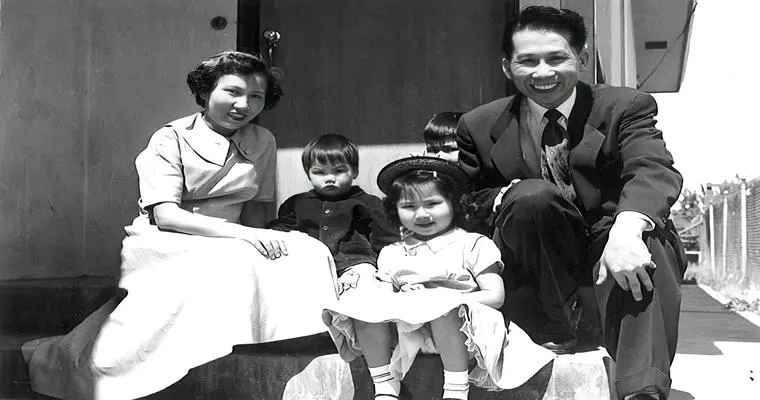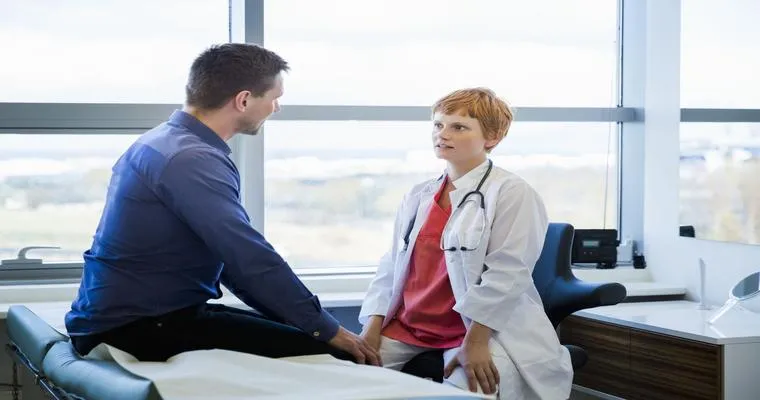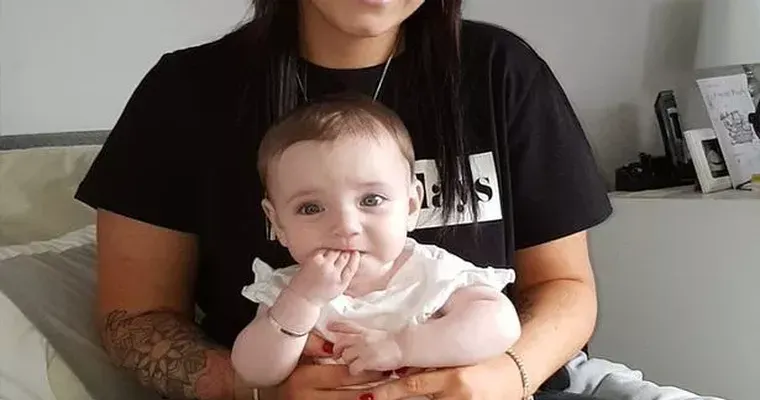Navigating life after chemotherapy can be challenging for many cancer survivors. Understanding "post-chemo concerns" is crucial for both patients and their families. Common issues that arise include "physical side effects", "emotional challenges", and the need for ongoing medical care. In this article, we will address some frequently asked questions about what to expect after chemotherapy and provide insights into managing these concerns effectively.
What are the common physical side effects after chemotherapy?
After chemotherapy, patients often experience a range of "physical side effects". These can include fatigue, nausea, changes in appetite, and hair loss. Fatigue is one of the most reported post-chemo symptoms, which can linger for weeks or even months. It's important for patients to listen to their bodies, rest when needed, and gradually increase activity levels as they feel more energized.
How can I manage nausea and digestive issues?
Nausea and digestive issues are common after chemotherapy. To help manage these symptoms, patients can try small, frequent meals that are easy to digest. Staying hydrated is also essential, so drinking plenty of fluids can aid in recovery. Over-the-counter medications may be helpful, but it is always best to consult a healthcare provider for advice tailored to individual needs.
What emotional challenges might arise after treatment?
Emotional challenges can be significant in the aftermath of chemotherapy. Survivors may experience anxiety, depression, or feelings of isolation. Seeking support from friends, family, or support groups can be beneficial. Mental health professionals can also provide valuable resources and coping strategies to help manage these feelings.
Do I need follow-up care after chemotherapy?
Yes, follow-up care is crucial after chemotherapy. Regular check-ups with healthcare providers help monitor recovery and detect any potential recurrence of cancer. These appointments may include physical exams, blood tests, and imaging studies. Discussing any new symptoms or concerns with your healthcare team is essential for ongoing care.
How can lifestyle changes support recovery?
Making positive "lifestyle changes" can significantly impact recovery after chemotherapy. Eating a balanced diet rich in fruits, vegetables, lean proteins, and whole grains can help restore strength and energy levels. Regular physical activity, as approved by a healthcare provider, can improve mood and overall health. Additionally, practicing stress-reduction techniques such as yoga, meditation, or mindfulness can enhance emotional well-being.
When should I seek medical attention?
It is important to know when to seek medical attention after chemotherapy. If patients experience severe or persistent symptoms such as extreme fatigue, unexplained pain, fever, or signs of infection, they should contact their healthcare team immediately. Monitoring one's body and being proactive about any changes can lead to timely interventions.
Conclusion
Understanding and addressing "post-chemo concerns" is vital for a smoother transition back to daily life. By managing physical side effects, seeking emotional support, and committing to follow-up care, cancer survivors can improve their quality of life. Remember, each person's journey is unique, and staying informed can empower patients to take control of their recovery. Always communicate openly with healthcare providers to ensure the best possible support during this critical time.





